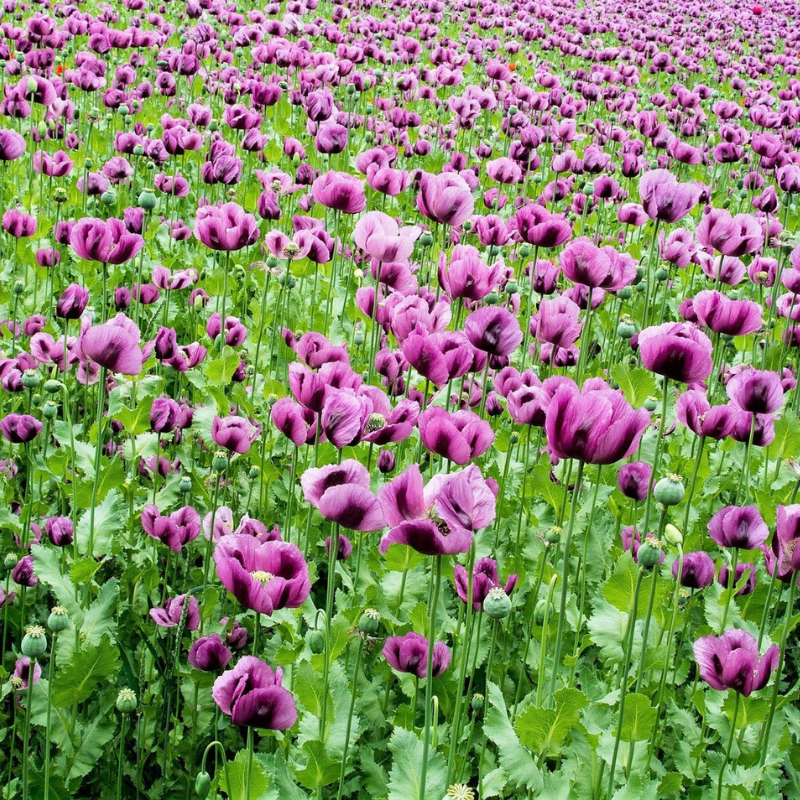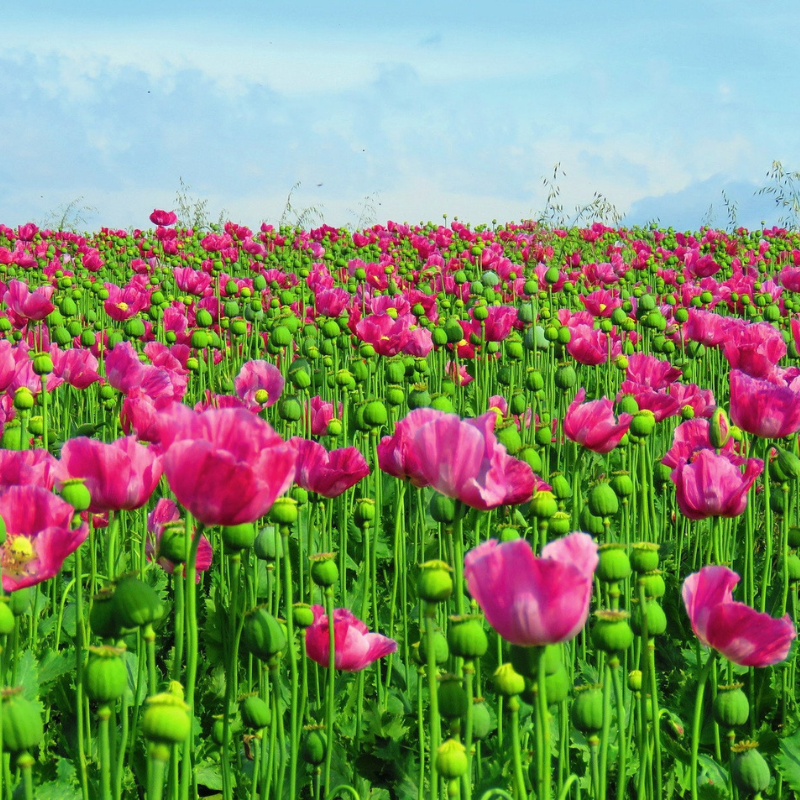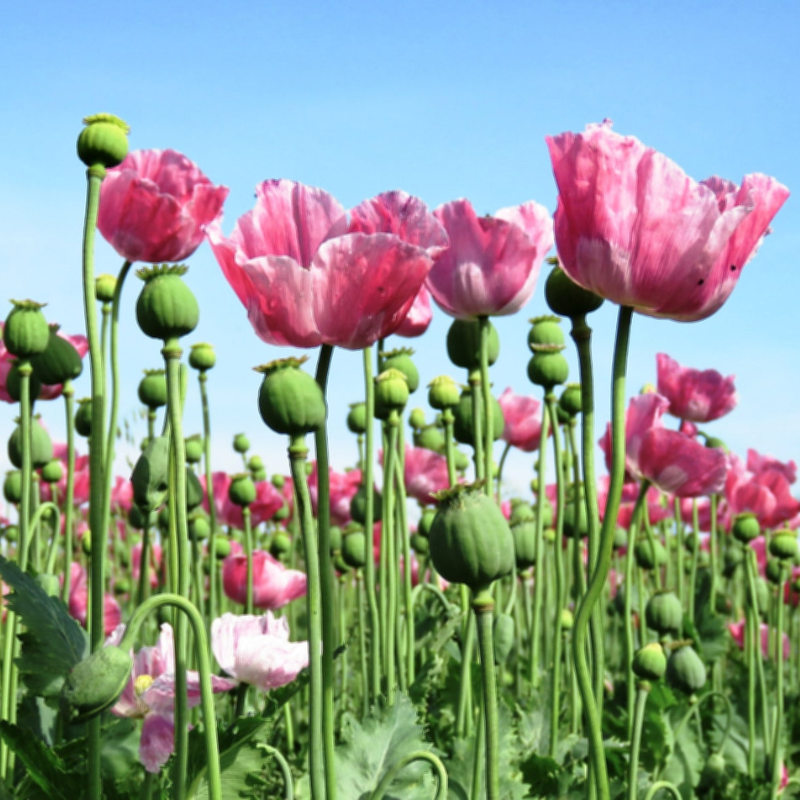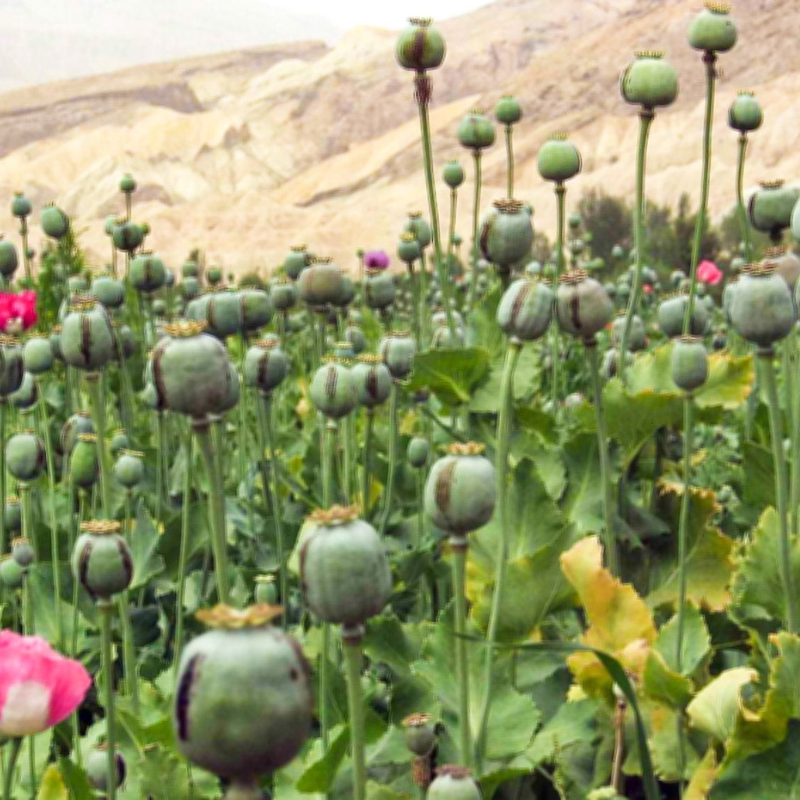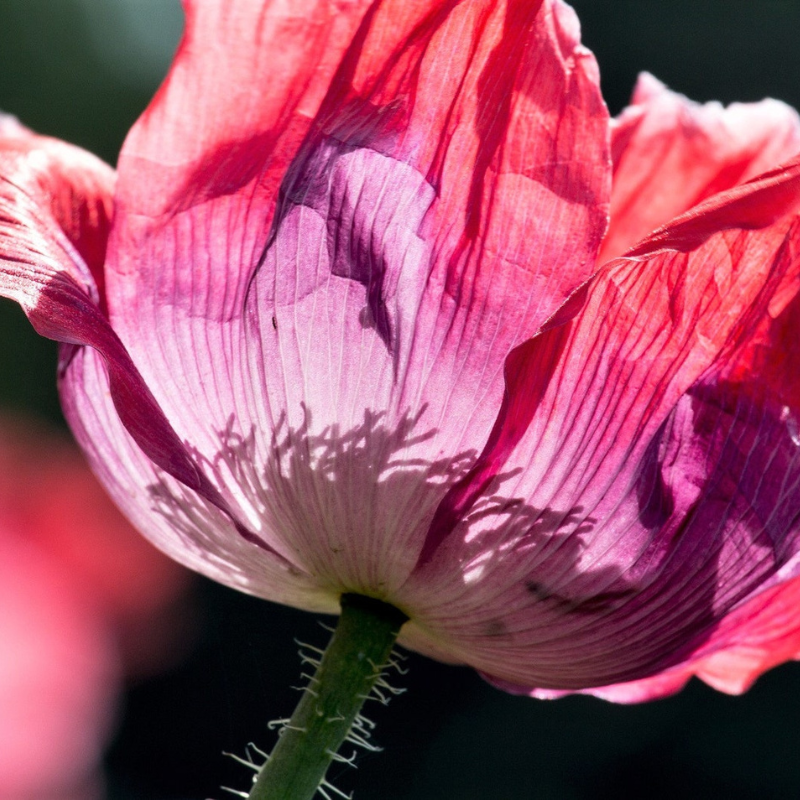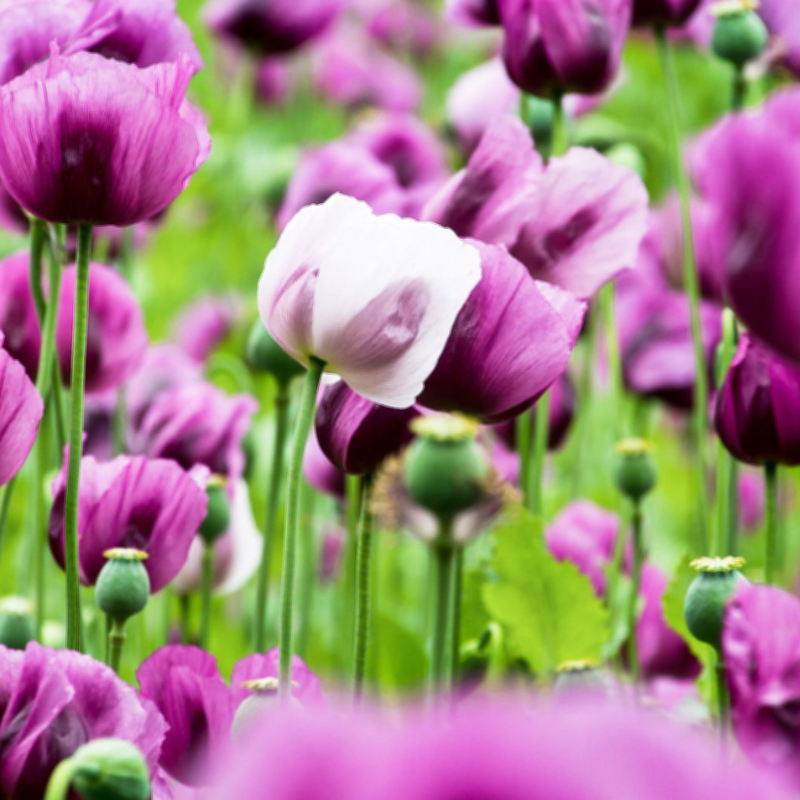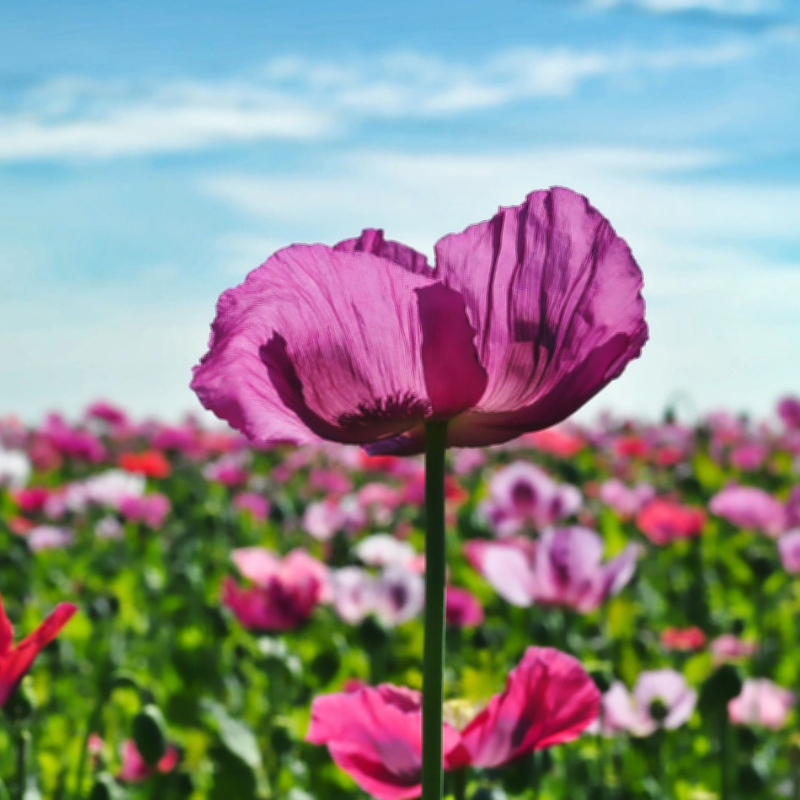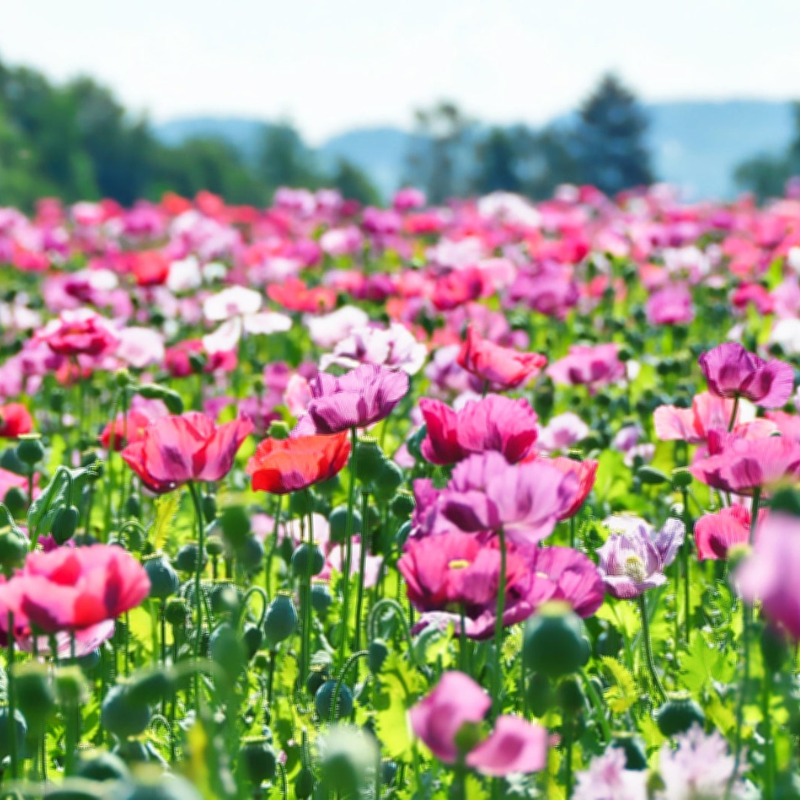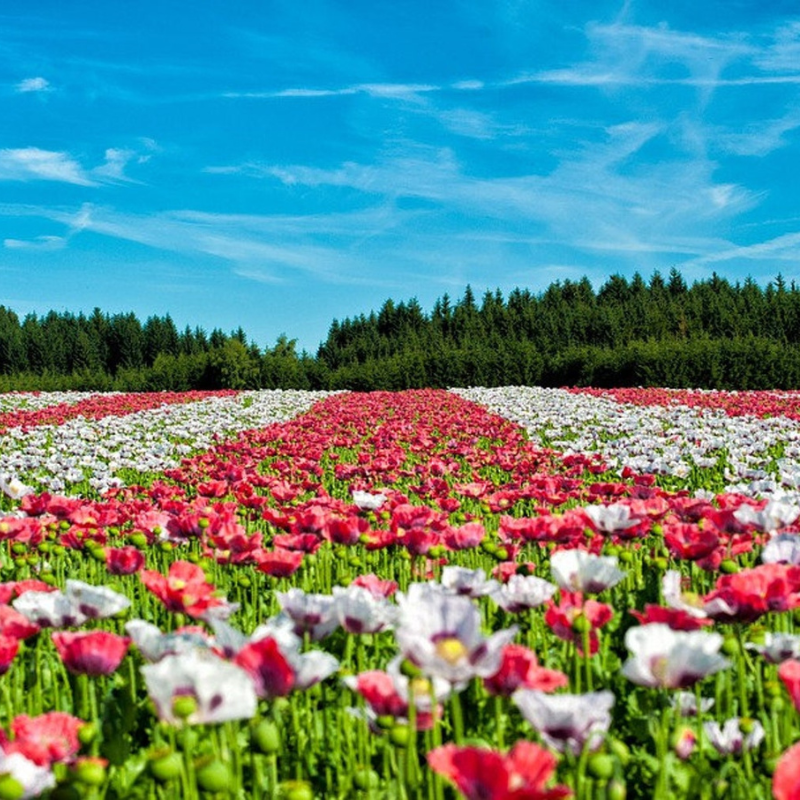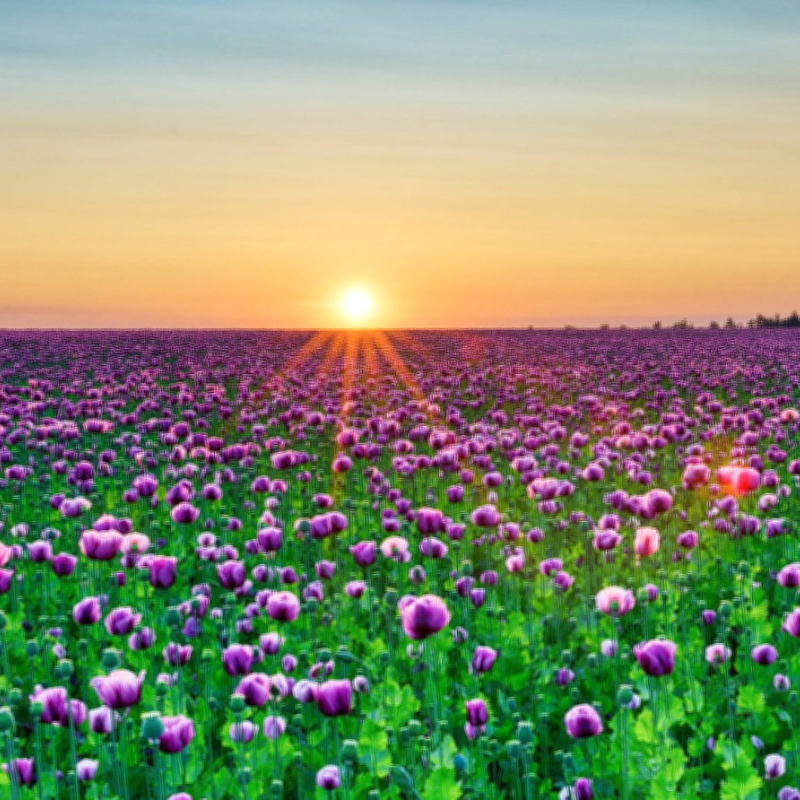- Historical context: Poppies have been cultivated for thousands of years, with evidence of their use dating back to ancient civilizations such as the Sumerians and Egyptians. The Afghan poppy, in particular, has a long history tied to the region's agricultural practices.
- Geographical origination: Afghanistan, particularly in regions like the Helmand and Kandahar provinces, is known for its cultivation of poppies.
- Relevant cultural significance: Poppies hold significant cultural importance in Afghanistan, often associated with traditional medicine and rituals. However, they are also controversially linked to the production of opium.
- Time period of discovery: The cultivation of poppies in Afghanistan dates back several centuries, with increased prominence in the 20th century.
- Original habitat: Poppies thrive in the arid and semi-arid climates of Afghanistan, often found in fields and along roadsides.
- Notable historical uses: Historically, poppies have been used for their seeds, oil, and medicinal properties. The opium poppy, in particular, has been used for pain relief and as a sedative.
- Ideal temperature range: 50-70°F (10-21°C)
- Soil type: Well-drained, sandy or loamy soil
- Sunlight requirements: Full sun
- Watering needs: Moderate watering. Ensure the soil is moist but not waterlogged.
- Planting season: Early spring or fall
- Germination time: 10-14 days
- Growth cycle duration: 60-90 days from germination to flowering
- Common pests and diseases: Aphids, slugs, and fungal diseases like powdery mildew
- Companion planting advice: Poppies grow well with lavender, marigolds, and other drought-tolerant plants.
- Common challenges and solutions: Poppies can be sensitive to overwatering and poor drainage. Ensure proper soil conditions and avoid waterlogging. Use organic pest control methods to manage aphids and slugs.
- Nutritional values: Poppy seeds are rich in calcium, iron, and magnesium.
- Health benefits: Poppy seeds have been used in traditional medicine for their analgesic and sedative properties. They are also known to aid in digestion and provide essential nutrients.
- Culinary uses: Poppy seeds are commonly used in bakery products, salads, and as a spice in various cuisines.
- Medicinal uses: Historically, poppy seeds and their extracts have been used to treat pain, insomnia, and digestive issues.
- Other unique advantages: Poppies are beautiful ornamental flowers that add vibrant colors to gardens. They also attract pollinators like bees and butterflies.
